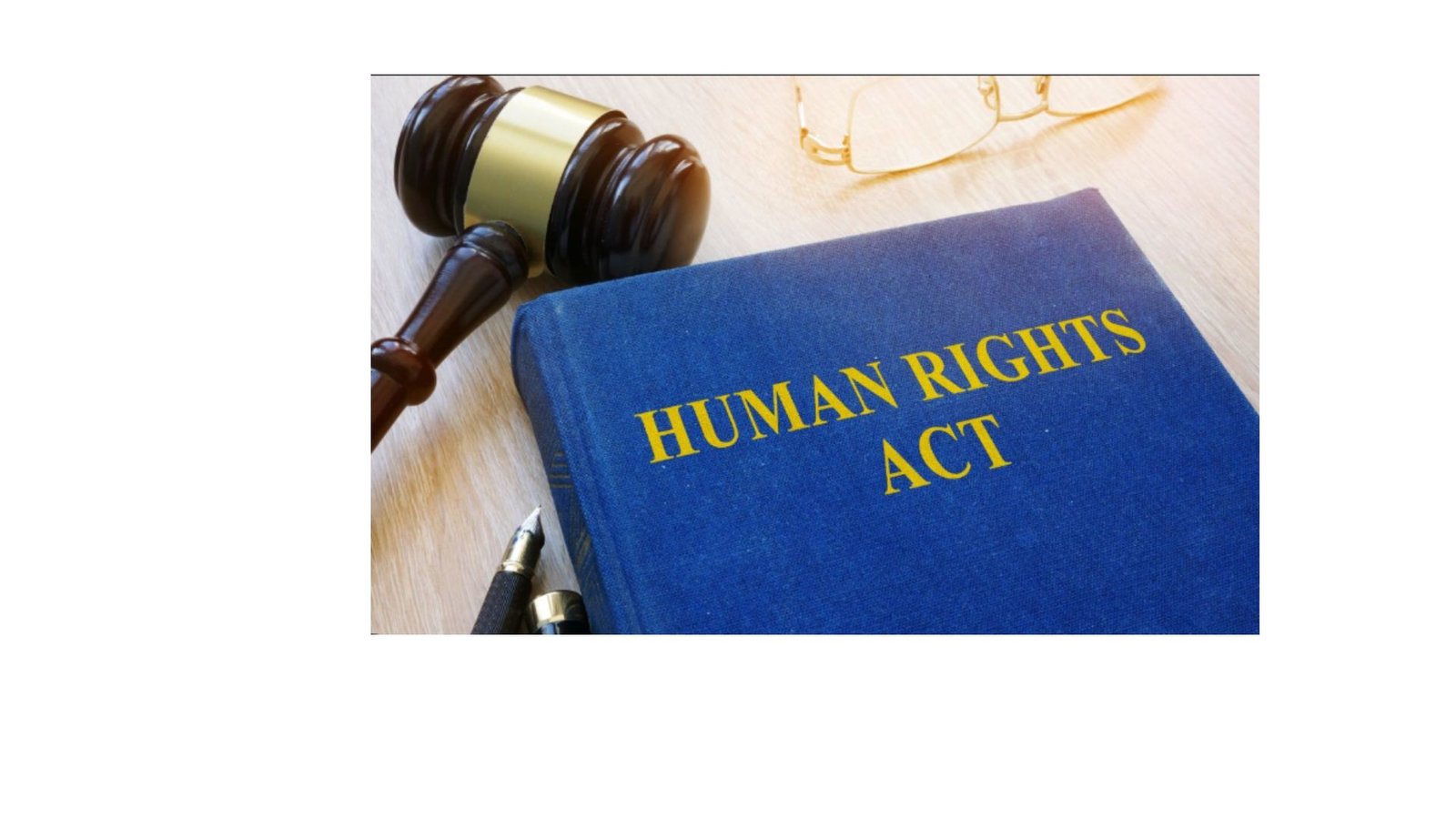|
Getting your Trinity Audio player ready...
|
The Human Rights Act (HRA), a cornerstone of UK legislation since 1998, has become a topic of heated debate. The government proposes replacing it with a Bill of Rights, sparking concerns about the potential erosion of fundamental rights.

The HRA’s Role: Championing Fundamental Rights
The HRA incorporates the European Convention on Human Rights (ECHR) into UK law. This framework safeguards essential rights like the right to life, freedom from torture, and the right to a fair trial. Prior to the HRA, individuals had to take their claims to the European Court of Human Rights (ECtHR) if their rights were breached in the UK.
Impact of the HRA:
The Human Rights Act (HRA) has significantly strengthened the protection of fundamental rights in the UK. It is empowering individuals to challenge government actions in domestic courts if their rights are violated. Landmark cases, such as those preventing the deportation of foreign nationals to torture states and upholding the right to privacy, vividly illustrate the HRA’s effectiveness in safeguarding individual liberties.
Moreover, the HRA has played a pivotal role in promoting accountability and transparency within the government. By providing a legal framework for holding authorities accountable for human rights violations, the HRA has contributed to fostering a culture of respect for fundamental rights and the rule of law.
Arguments for Replacing the HRA
The government argues that the HRA excessively defers to ECtHR rulings, asserting that this undermines UK sovereignty. Furthermore, concerns have been raised about the act’s potential misuse by individuals considered security threats to evade deportation, prompting calls for reform or replacement. These arguments highlight the need for a reevaluation of the HRA’s role in balancing individual rights and national security interests.
Addressing Concerns: Striking a Balance
Recognizing the critical role of the HRA in safeguarding individual rights. It is essential to address concerns while upholding national sovereignty. The UK Parliament has mechanisms in place to respond to grievances regarding ECtHR rulings, ensuring a balance between respecting international obligations and protecting domestic sovereignty.
Potential Repercussions of Scrapping the HRA
Replacing the HRA with a weaker Bill of Rights could significantly weaken the legal framework protecting fundamental rights. This could lead to a decline in legal safeguards for individuals.Also, make it challenging to hold the government accountable for rights violations.
The Way Forward: Protecting Rights While Maintaining Sovereignty
In charting a path forward for the Human Rights Act (HRA), it is imperative to find common ground and address genuine concerns while preserving core human rights protections. Parliament must take proactive steps to strike a balance between upholding national sovereignty and robustly safeguarding fundamental rights.
To achieve this balance, lawmakers can initiate meaningful reforms aimed at enhancing the clarity and effectiveness of the HRA’s application. This includes clarifying the relationship between domestic and international law, strengthening parliamentary oversight, and providing greater guidance to courts in interpreting human rights legislation.
Modernization Efforts: Strengthening the HRA
Discussions surrounding the HRA should not solely focus on replacement. Efforts to modernize the Act can be explored. This could involve incorporating provisions to address contemporary challenges while upholding the core principles of the ECHR.
Public Discourse and Scrutiny: Safeguarding Rights
Open public dialogue and thorough scrutiny are paramount. Understanding the potential consequences of replacing the HRA is vital. Public awareness and informed discussions are essential to ensure the UK upholds its commitment to fundamental rights while navigating the complexities of national sovereignty.
Independent Scrutiny: A Safeguard
Strengthening the role of independent bodies like the Equality and Human Rights Commission can be another avenue to ensure the HRA’s effective implementation. These institutions play a vital role in scrutinizing potential breaches of human rights and holding the government accountable.
Conclusion
The HRA serves as a vital shield protecting the fundamental rights of UK citizens. While the government’s concerns regarding the ECHR’s influence warrant consideration, scrapping the HRA altogether poses a significant threat to the legal framework safeguarding these essential rights. Finding a solution that upholds both national sovereignty and robust human rights protection should be the cornerstone of any proposed changes.
Related:
Upholding Human Rights: A Call to Action
Upholding Human Rights Principles: A Beacon of Hope for Human

